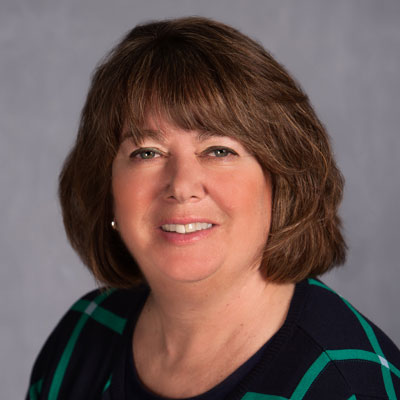

Many factors are at work to slow long-term care recovery according to panelists at Wednesday’s Leadership Huddle of the National Investment Center for Seniors Housing & Care.
NIC Chief Economist Beth Mace moderated the first huddle of the year, titled “Senior Housing and Skilled Nursing: The State of the Market.”
Participant Brian Beckwith, CEO of Arcus Healthcare Partners, said he is surprised that recovery senior housing and care is not further along. He noted, however, the effects of the omicron variant have been significant.
“In December and January, every one of the operators, skilled or assisted, was having staffing shortages. It was mostly due to folks being out for COVID,” he said. “I think that had a pretty significant impact on stalling whatever recovery we were feeling, especially in January for skilled nursing, which is normally a high occupancy growth month.”
Construction costs are high, so new development has slowed considerably, Beckwith said.
“The assisted living world is going to have a little bit better story on the supply side, because I think development has slowed and will probably continue to be in a relatively benign new growth world for a while, given construction costs,” he said.
Mace noted that construction starts stopped and construction lending stopped or slowed down “dramatically” during COVID. “That’s translated now into lower inventory,” she said. “Still positive growth, but slower than would have existed otherwise.”
In Beckwith’s opinion, given occupancy challenges, the high cost of personal protective equipment and increasing labor costs, the skilled nursing sector would have collapsed without federal and state funding during the pandemic. Many of those dollars have dried up, but occupancy and labor costs still are challenging for operators, he said.
“It’s becoming a little more stressed,” he said, adding that he doesn’t see more federal funding coming into the system.
Beckwith said he believes it would be wise for the federal government to extend the public health emergency set to expire July 15. A 90-day extension, he said, would help with the Medicaid assistance program to the states and would keep the three-day stay waiver in place. The extension would help skilled nursing facilities without additional funding.
Craig D. Hanson, CEO of Omega Senior Living, said he’d like to see the government work collaboratively with operators in drafting legislation, “rather than passing something and having to walk it back. Take a step back and really seek the input of the operators and those that are out there and really trying to operate under these regulations.”
“A lot of punitive measures” are coming out of legislation rather than a supportive environment for operators, he said.
“They think they’re going to get better performance through penalizing [operators],” Hanson said. “Obviously, there have to be consequences, but I’d rather see a focus on ‘Hey, how can we help the operators?’”The next huddle will be May 22 at 1 p.m. ET. Registration is required.




